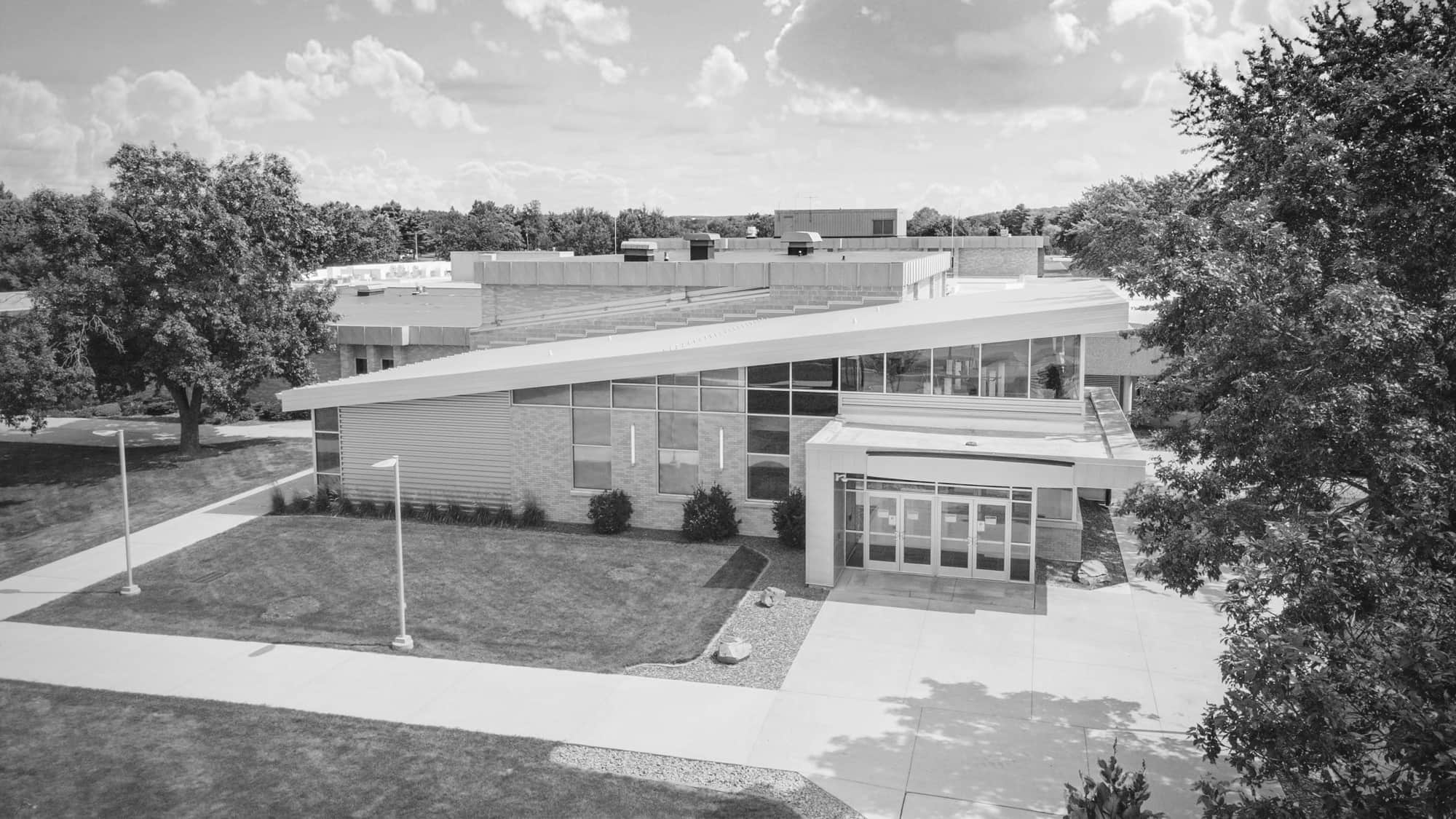Industrial Automation
26 Credit Technical DiplomaProgram Description
The Industrial Automation Technical Diploma program is designed for technicians seeking basic automation skills. This program focuses on introductory skills necessary to function in the automation workplace. Learners will understand basic electricity, fluid power concepts, machine control, basic motor operation, programmable logic controllers (PLCs), and basic robotic operation. Learners will also develop software skills for documenting work on updating blueprints and designing automated machines. As an Embedded Technical Diploma, this program ladders fully into the Automation Systems Technology Associate Degree program.
Found in These Career Fields:
Approximate Program Cost
Books & Supplies: $668
Financial Aid
Outcomes
Graduates will be able to…
- Explain motor and motor control components
- Create and edit basic robotic control programming
- Create and edit electrical blueprints and drawings
- Demonstrate basic Programmable Logic Controller (PLC) programming skills
- Utilize various software to complete Automation documentation
- Demonstrate knowledge in basic electrical and automation calculations
Careers
Some of the potential careers graduates can pursue are:
- Maintenance Technician
- Control Technician
- Electrical and Instrument Technician/Mechanic
- Service Technician
- Electro-Mechanical Technician
Courses
The Industrial Automation Technical Diploma is a 26 Credit program. The following is a typical semester breakdown of the courses within the program.
* College 101 (10-890-165) is not part of the program credit requirements but is a College Requirement for graduation that must be passed with a “C” or better.
Credit for Prior Learning Available
View All Detailed Course Information
Pathways
Pathways are a series of connected programs that enable you to advance over time to better jobs and higher levels of education and training. By earning one degree, you could also be completing several courses of a related program in a pathway, bringing you one step closer to an advanced degree.
Completing the Industrial Automation Technical Diploma Earns You:
- 43% of the total credits in the Automation Systems Technology Associate Degree (26 of 61 credits)
Cost of Attendance
2024–2025 Estimated Academic Year Budgeted Cost of Attendance
The estimated Cost of Attendance (COA) is a budget that includes categories of expenses that a student can expect to incur while attending college. The COA does not reflect actual charges. It is an average based on the estimated living costs typical of our region. In determining the cost of attendance, Northcentral Technical College uses the budget established by the Wisconsin Technical College System (WTCS) Financial Aid Budget Work Group. This budget is used to determine financial need for all students who apply for financial aid. A student's cost of attendance is composed of all educational expenses that can be included for financial aid purposes that a student may accrue while pursuing their education for the year (or semester, if enrolled less than a year). A student's financial aid cannot exceed their cost of attendance. Schools are required to provide a fuller picture of what it may cost students to pursue their degree, not just what they will owe in tuition/fees and books/supplies.
| Expenses | Student Living With Parents (Home) | Student Living on Own (Other) | ||
|---|---|---|---|---|
| Full-time Tuition (based on a total of 30 credits, 15 credits fall and 15 credits spring) |
|
|
|
|
| Living Expenses (Housing & Food) | $3,008 | $9,147 | ||
| Books / Supplies | $1,465 | $1,465 | ||
| Transportation | $4,017 | $4,017 | ||
| Personal Expenses | $3,608 | $3,608 | ||
| Loan Fees | $85 | $85 | ||
| Total Estimated Cost Of Attendance |
|
|
|
|
* Tuition listed is based on approved rates for the 2024–2025 academic year. Rates are approved each March by the Wisconsin Technical College System Board and estimated budgets are updated at that time.
For the 2024–2025 academic year, the Wisconsin Resident tuition rate is $149.50 per credit and Out-of-State resident tuition is $224.25 per credit.
For the 2024–2025 academic year, Student Fees include: a minimum $5.00 material fee and a $13.15 per credit activity fee. A $4.00 per semester insurance fee will be assessed to students taking at least one course which has a scheduled session on campus.
Students awarded Federal Direct Loan(s) also have an average of the mandatory loan fees automatically added to their COA.
Students with disability-related expenses may contact the Financial Aid Office to have their additional expenses considered. Disability-related expenses include but are not limited to: personal assistance, equipment, and supplies. The Financial Aid Office may potentially include disability expenses in the COA that are not provided by other assisting agencies.
NTC also offers a Net Price Calculator to help estimate costs.
For more information regarding billed tuition and fees visit https://www.ntc.edu/admissions/tuition-fees
We’re happy to answer any questions you may have about how the financial aid process works. Please feel free to reach out for more information.
-
NTC Financial Aid Office
- 715.803.1647
- financialaid@ntc.edu
Admissions Process
Our application process takes just a few minutes to complete, but we want to make sure you have the things you’ll need on hand to complete the application. We’re here to help if you have any questions while submitting your application.
Fill out our application
The application can be submitted online and takes just a few minutes to complete. There is no fee to apply.
Apply NowWhat’s Next?
We’ll review your application and let you know if we need anything else. If you’re all set, your acceptance letter will be emailed to you.
